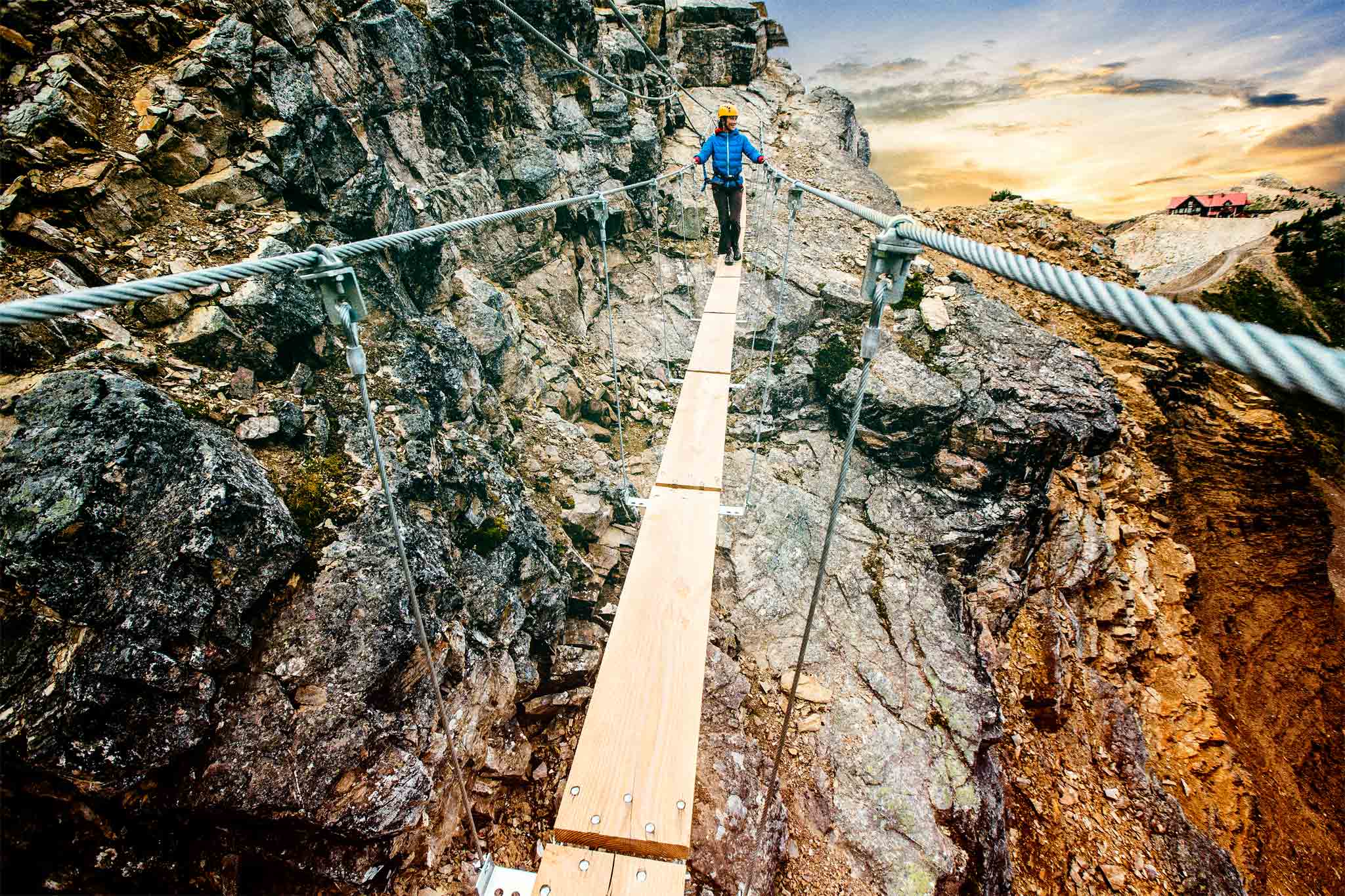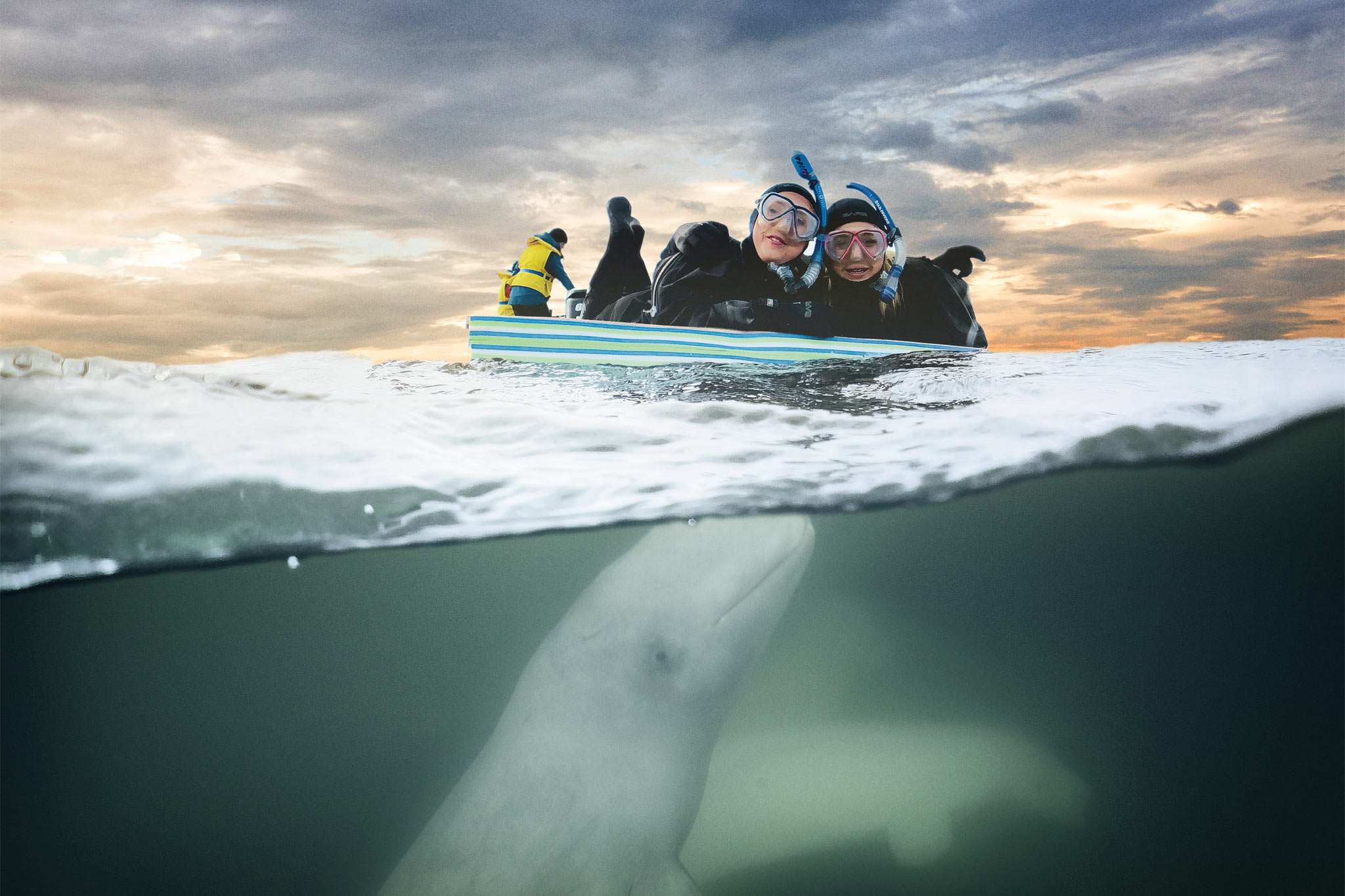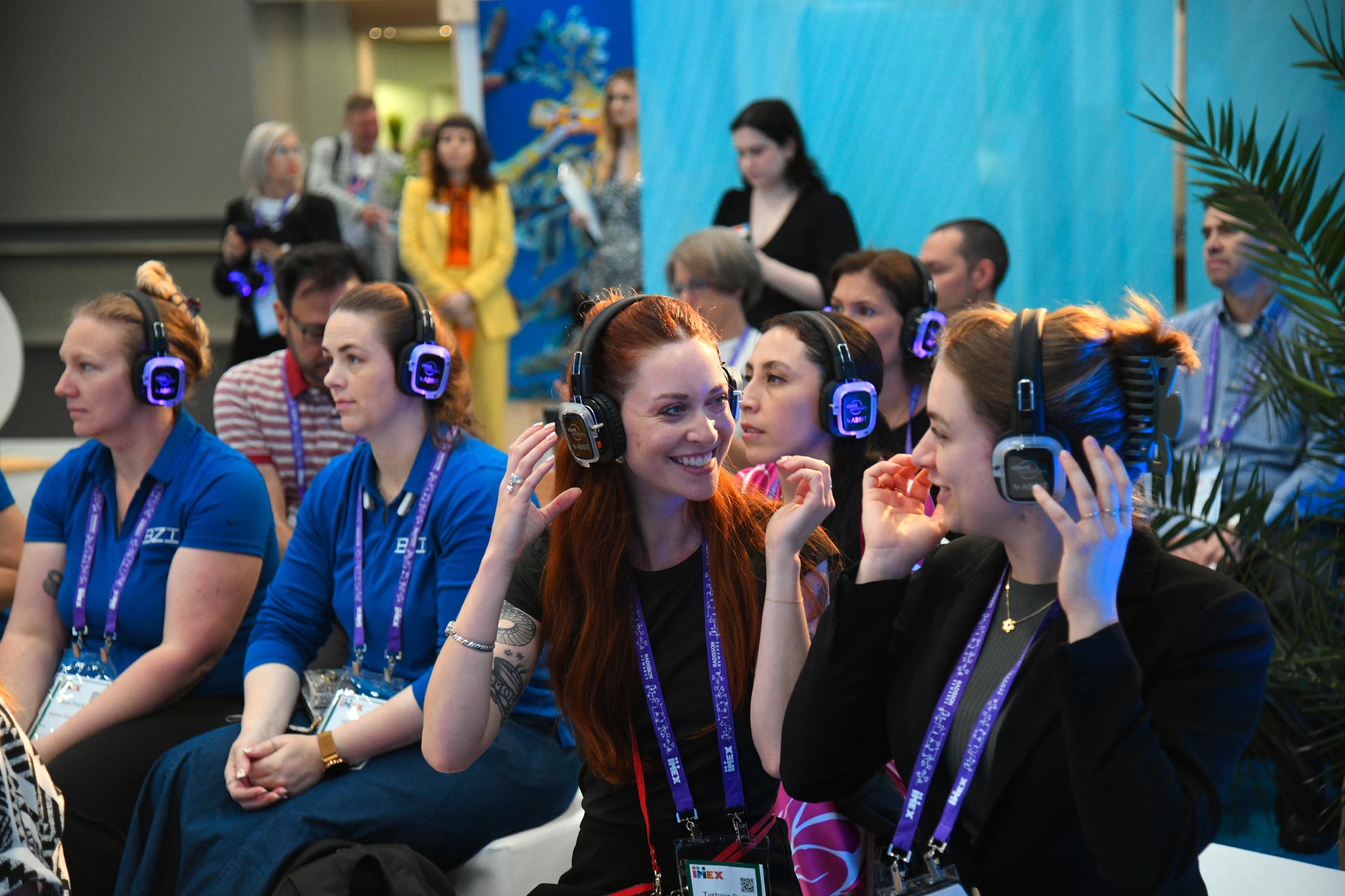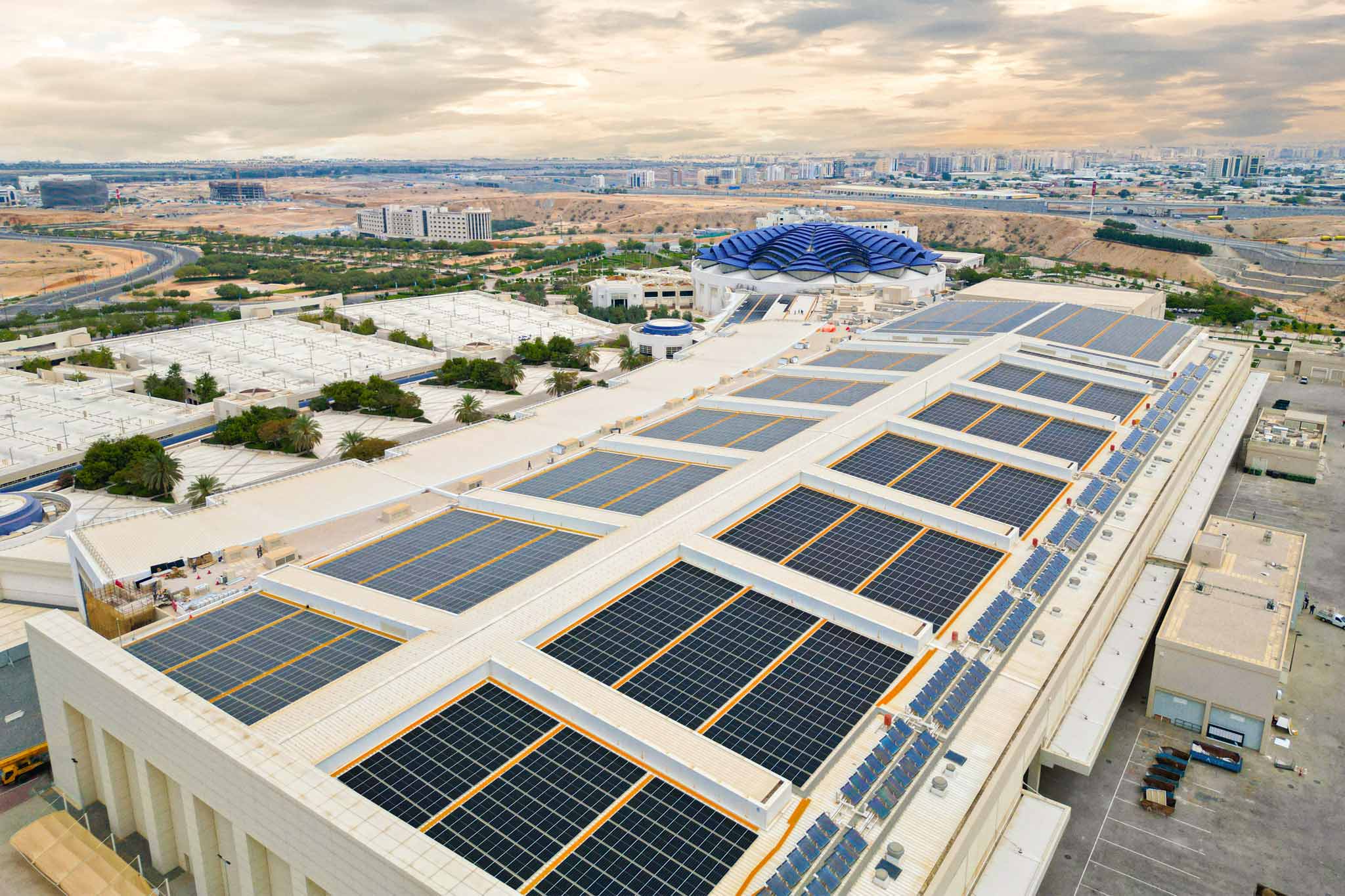It’s astounding to think about how much progress has been made in the business events industry over the last few months. After two-plus years of navigating the constant changes caused by the Covid-19 pandemic, the future of our industry is once again looking bright. Canadian borders have opened for international travellers, and all travel restrictions have been removed. Business events and incentive trips are seeing a resurgence as new leads and wins come in. For example, Banff recently won the 2024 International Gas Research Conference, Vancouver is now set to host the World Congress of Anaesthesiology in 2028, and Toronto was named the host of the 2030 World Congress of Soil Science.
People are finally reaping the many rewards that only in-person meetings can bring, including our team, who have been busy attending events and trade shows across Canada and around the world. Throughout the pandemic, the business events team at Destination Canada remained committed to telling stories about extraordinary experiences that reward top performers in Canada. We have highlighted Canada’s diverse destinations through content marketing, panel discussions and interviews, attendance at trade shows, and much more. These efforts have paid off: we have seen a surge in interest among international groups that want to host upcoming incentives in Canada.
That said, incentive travel has changed dramatically, and we have had to adapt quickly. More than ever, research has become paramount, and we focus on uncovering the latest trends and aligning them with our tactics and strategies. For instance, it’s no secret that personalisation is key within the incentive industry. So, this year, we conducted a deep dive analysis to gain a deeper understanding of our target audiences, from psychographics and demographics, to how they choose to spend their free time.
Equipped with these powerful insights, we are helping our clients create incentive programs tailored to their audience, which include some of the most captivating, out-of-the-box experiences. Take our technology target audience as an example. We know that adventure is a particular passion point for this earner profile, so we’re delivering experiences that match. An example is the Via Ferrata at Kicking Horse, British Columbia. Here groups can experience a genuinely elevated incentive as they use catwalks, suspension bridges and steel rings to ascend to the summit of Terminator Peak. An adventure could also look like going face-to-face with beluga whales while Aqua Gliding in Churchill, Manitoba, or diving in the waters off St. John’s, Newfoundland and Labrador for scallops. Activities like these get hearts racing with adventure, celebrate the diverse cultures of Canada, and go well beyond the ordinary.
Alternatively, many prefer to focus on wellness, which has become an essential component of incentive programs. Trips that incorporate it are especially appealing to top performers, which is why we showcase how Canada delivers just that. This was the focus of our recent white paper created with the Fairmont Chateau Lake Louise in collaboration with the Incentive Research Foundation and eight senior incentive industry leaders. The initiative spotlighted a diversity of transformative experiences centred around wellness: these included a private morning canoe trip on the turquoise waters of the glacier-fed lake and an invigorating outdoor yoga session. The group also participated in another form of wellness: giving back to the community through a fundraising polar bear dip in Lake Louise on behalf of a local charity.
Our Signature Business Events returned over the summer, which included Incentive Canada at the start of July in Nova Scotia. The event brought together 20 international buyers to discover what makes this destination an incentive reward worth bragging about, from private yacht trips and helicopter rides to interactive culinary experiences.
Conferences, meetings and trade shows have also bounced back. However, new trends have emerged that are reshaping the industry. Among them, delegates have become increasingly selective about the events they attend in person. Beyond simply visiting another convention centre or hotel, they want to know who they will meet, what they will learn, and what their return on investment will be.
It is the reason why Destination Canada’s economic sector strategy is so impactful. Aligned with the Government of Canada’s international trade priorities, Destination Canada identified six key sectors in which Canada excels. These include agribusiness, finance and insurance, life sciences, natural resources, technology and advanced manufacturing. By proactively pursuing events across these sectors, we can align a conference’s focus with a hub or destination with expertise. In essence, we are connecting the event’s purpose directly to the strengths of the host destination. That might include leveraging Canadian innovators as visionary keynote speakers or hosting inspirational tech tours that give delegates a first-hand look at the innovations shaping the future.
This July, we hosted Innovate Canada for the first time in two years. Held in St. John’s, Newfoundland and Labrador, it fully displayed Canada’s global leadership in the ocean technology and sciences sector. The event allowed attendees to take exclusive, hands-on tours of some of the world’s leading ocean research facilities, seeing how this local knowledge capital can translate into events that drive attendance. It was so successful that we will host a second oceans-focused program in Victoria, British Columbia, in the fall of 2023. Innovate Canada will return early in May 2023. Hosted in Waterloo, Ontario, the program will spotlight the brilliant minds and transformative work done across Canada’s advanced manufacturing sector. Notably, this marks the first time Innovate Canada will be carbon neutral.
Knowing that sustainability has become a central consideration for events, we launched the Canadian Business Events Sustainability Plan. A first-of-its-kind national program aims to improve the economic, sociocultural and environmental sustainability practices of events hosted in Canada. We were recently thrilled to share the next phase of the Sustainability Plan, as domestic partners across Canada embarked on the Global Destination Sustainability Index to benchmark the sustainability of their business events offering. This will, in turn, drive future improvement through training and coaching. Once complete, this work will create actionable programs for each destination to achieve relevant parts of the UN Sustainable Development Goals. This will then be rolled out to global clients to accelerate the industry’s progress toward net-zero targets.
Destination Canada has also commissioned a Legacy Impact Study in conjunction with the Canadian Business Event Sustainability Plan. Led by Meet4Impact and Gaining Edge, the multiyear study will evaluate the beyond-tourism benefits that our international business events generate in host communities. This will be aligned with the core sustainability pillars of economic, social and environmental enrichment.
What else lies ahead? We will continue to align ourselves with the top trends, data and leaders in the field to help us ensure Canada comes out on top. This is why we continue to invest in telling our Why Canada story, whilst connecting with audiences, leaders and decision makers to demonstrate what Canada has to offer. As we welcome business events and incentive groups back, Canada, as a host and destination, is not only resonating with our guests and what they are prioritising but is inspiring a deep confidence in the need to travel and meet in person. We know organisations and teams are looking for open spaces where they can reconnect and take part in meaningful, authentic, and inspiring experiences. While the road ahead may not be a smooth one for the industry at large, by reconnecting with purpose our industry’s success is unstoppable.
Chantal Sturk-Nadeau is Executive Director, Business Events at Destination Canada.





